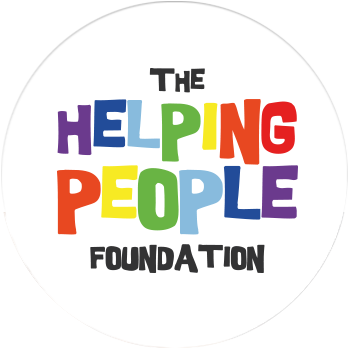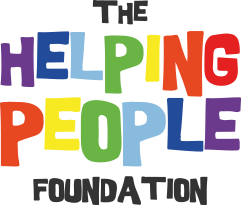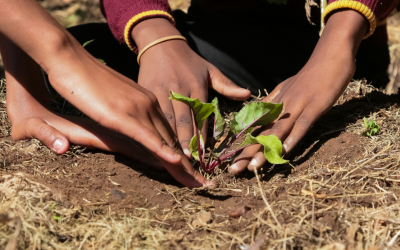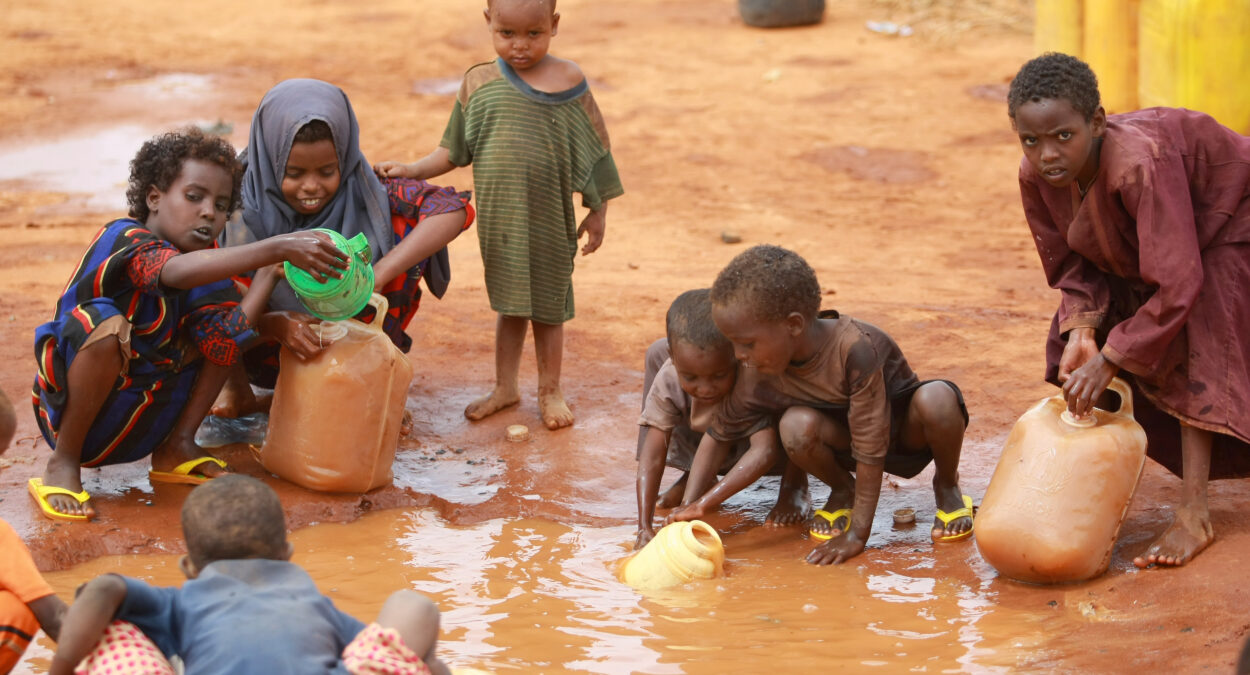CURRENT LIVING CONDITIONS IN RWANDA
SCHOOL
In the field of education, the country has achieved considerable successes in the past two decades. The enrolment rate has increased from 83% in 2002 to 94% in 2017, partly because free schooling has been introduced. However, almost a quarter of the children drop out of primary school prematurely. For the financially weaker sections of the population, especially in rural areas, access is further impeded.
MEDICINE
There has been progress in healthcare over the past two decades due to overall economic growth. The overall improvement in living conditions in Rwanda can be seen in concrete figures. The mortality of children under five years fell from 181 deaths per 1000 children in 2000 to 38 in 2017. Life expectancy has increased from 48 to 67 years in the same period. With Germany’s support, health insurance was introduced, a unique institution in the region.
Water
nutrition
The most important crops for self-sufficiency are the tubers cassava (manioc), sweet potato (less used: taro), various types of beans, some peas. Soya cultivation is spreading more and more; in the centre of the country, it is even used to make tofu. Potatoes, wheat and peas are cultivated at the higher altitudes. Bananas, which are used for winemaking and as edible and fruit bananas, are grown in large quantities, especially at the lower and middle altitudes, less so at higher altitudes due to the climate. But they are highly regarded culturally. Cereal crops include sorghum for beer and edible puree production (especially at the low and middle altitudes), also maize; in the depressions, rice and wheat are increasingly grown (the latter at the high altitudes).

Geography
Rwanda is a landlocked country in East Africa, bordering Tanzania, Uganda, Congo and the Democratic Republic of Congo. Geographically, Rwanda consists largely of highlands averaging 1500 metres in altitude, a volcanic area on the border with Uganda and the Congo, and an extensive river and lake landscape in the east.
Rwanda has a tropical highland climate. This includes two rainy seasons from February to May and from September to December. Then there are frequent floods; and torrents and landslides cause damage in the countryside.
Rwanda is home to about 12.7 million people, over 40 percent of whom are children. With a national territory of 26,300 square kilometres, the population density is almost 500 inhabitants per square kilometre, the highest in Africa. The capital Kigali is home to 1.3 million people.
WHAT THREATENS THE PEOPLE OF THE COUNTRY?

History
Tutsi and Hutu have lived together for many centuries in what is now the territory of Rwanda. Traditionally, the Hutu were farmers, the Tutsi cattle breeders. Although there were also conflicts, it was rather a matter of peaceful coexistence for a long time. Hutu and Tutsi have always spoken the same language and also have other cultural similarities. The ethnic differences between Hutu and Tutsi only acquired their explosive force in the phase of colonisation by Germany and Belgium.
From 1884 to 1916, Rwanda was part of German East Africa, a German colony. In 2016, the Belgians expelled the Germans, who offered no significant resistance. From then on, Belgium was in charge, initially with a mandate from the League of Nations; and from 1945 onwards, as a trustee territory of the UN. Rwanda became independent in 1962.
Three years earlier, however, there had already been a Hutu uprising against the Tutsis, who held the majority at the time. Now it became clear that more serious social tensions had developed. This was due to unjust social structures and the unequal distribution of power. The Hutu now came to power; but there were repeated armed conflicts in the following decades.
In the early 1990s, this escalated into a civil war. The Rwandan Patriotic Front (RPF), in which the Tutsi rebels were organised, wanted to assert its claim to political participation by force with an invasion. Many of them had fled abroad since the 1960s for fear of repression and assassination. Now the ruling Hutu elites are taking advantage of the tense situation to incite the population to mass murder not only Tutsis but also moderate Hutus.
The concrete trigger was the shooting down of a plane carrying Head of State Juvenal Habyarimana, a Hutu. The genocide lasted 100 days, with the driving forces coming from the army, the presidential guard, the police and the administration. The killing was ended militarily by the RPF, led by Paul Kagame, coming from Uganda to take the capital Kigali. As a result, about 1.5 million Hutu fled to the neighbouring Democratic Republic of Congo – they feared the revenge of the survivors.
POLITICS AFTER THE GENOCIDE
The government of Rwanda sees security and stability as its primary goals, certainly a result of the experience of the 1994 genocide. The process of coming to terms with what happened was pursued intensively. By the time of its dissolution in 2015, 93 people had been indicted before an International Criminal Court, of whom 62 were convicted.
In addition, the traditional village courts were revived in 2002 to deal with less serious cases. Around one million cases were tried before these so-called Gacaca over the next ten years. In the meantime, there has been considerable reconciliation in Rwanda. The Rwandan army is ethnically mixed, any kind of agitation is punished. It also played a role that the international community supported Rwanda with large sums of money to consolidate peace and come to terms with the genocide.
The new strong man in Rwanda was the former rebel leader Paul Kagame. After the civil war and the genocide, he only became Vice President under Pasteur Bizimungu, but he was in charge from the beginning. He became President in 2000. Subsequently, he received much approval because of the successes of his economic policy.
In the last election in 2017, he achieved a result of 98.8 percent, which however makes one suspicious. This is a result that does not exist in democratic elections. After all, two opposition candidates had been admitted. At the same time, however, a referendum was held that allows Kagame to serve a third term. This would end in 2034.
Politically, the United Democratic Forces (FDU-Inkingi) alliance opposes the powerful President Kagame. The countrywide coordinator Sylidio Dusambumuremyi was assassinated in 2019. Before that, something had already happened to three other representatives of the alliance. Party leader Victoire Ingabire does not believe it is a coincidental bunching. There are repeated accusations that Rwanda is making political opponents of the head of state disappear; contract killers are on the move in the service of the government.
In fact, deficits in democracy and the rule of law are unmistakable. Democratic rights such as freedom of expression and assembly are restricted, and political opposition is prosecuted by criminal law. The media are strictly controlled, none of them can work independently.
It is noteworthy that, at 61%, Rwanda has the people's representation with the highest percentage of women in the world. Important positions in the economy are also held by women. Equality is not only enshrined in law, the government also strongly advocates for it. Traditionally, women are still disadvantaged, especially in rural areas. Nevertheless, Rwanda is a global leader in gender equality, ahead of many industrialised nations.
Rwanda is also considered a pioneer in Africa when it comes to environmental protection; for example, plastic bags are banned. On the other hand, there is still no orderly disposal of waste water in the capital Kigali; it runs untreated into the rivers. The government is also pushing ahead with the country's digitalisation, but is thereby struggling with a shortage of skilled workers.
The government has been successful in the fight against corruption. On the Corruption Perceptions Index of Transparency International, a non-governmental organisation, Rwanda has climbed from rank 102 in 2008 to rank 51 in 2019 among 180 countries.
RWANDA'S ACTIVE FOREIGN POLICY
Rwanda explicitly strives to be tied into regional alliances and to play an active foreign policy role. Ten percent of the country's soldiers are deployed in other African countries, and Rwanda is thus expanding its influence. So it is not without reason that the country spends 1.4 percent of its gross domestic product on its military. As recently as 2020, Rwandan troops were involved in clashes between government troops and rebels in the Central African Republic.
These activities are welcomed internationally – by the United Nations, for example, when it itself cannot or does not want to deploy troops. Critics also see this as a reason why international diplomacy is reluctant to comment on human rights violations.
Rwanda itself admits that it wants to compensate for certain deficits with its international commitment – Rwanda has hardly any raw materials and no access to the sea. Another background, at least temporarily, has been the genocide of 1994 - it was also necessary to take action against Hutu militias formed abroad. Rwanda's quest for international recognition also explains the acceptance of refugees from Somalia, Sudan and Eritrea, who were stranded in Libya, but whom Europe did not want to take in. Rwanda offered itself as an interim host country, and the EU financed the project.

Economics
Economically, Rwanda is considered a model country, even beyond Africa. In 2017, Rwanda was ranked as the most economically effective country on the continent. “Rwanda is characterised by a great will to reform,” the Kreditanstalt für Wiederaufbau (KFW) praises the country on its website.
The government's efforts to promote the country's economic development have certainly brought visible success. Over the last five years, statisticians have identified economic growth of six to nine percent. Economic progress has already taken place since 2000.
The economic upswing after the civil war was also fuelled by the exploitation of raw materials. Rwanda’s government is also explicitly trying to attract foreign investors to the country in order to boost economic growth and improve the living conditions of the population in this way. On the other hand, there is criticism that state-affiliated companies inhibit private investors from investing in Rwanda.
Inhibiting factors for economic development are also the high energy and transport costs compared to neighbouring countries. In addition, there is a lack of skilled workers and the infrastructure is not well developed. The electricity supply is inadequate; only one third of the population has access. The existing power plants are run on diesel and heavy oil, which leads to high electricity prices. The power grids are outdated, resulting in frequent power outages. Other problems include a lack of business knowledge and a low level of vocational training.
The government sees strong economic growth as an important means to fight poverty in the country. After all, the proportion of poor residents has fallen from 60 percent in 2000 to 38 percent in 2016. The proportion of very poor people fell from 40 to 16 percent in the same period. However, the target set in 2000 of reaching middle-income levels by 2020 was not achieved. This was then redefined as a target for the year 2035.
In fact, Rwanda is still a very poor country despite all the undeniable successes in economic development. Most people work in agriculture on low incomes. Many also work in informal and therefore poorly paid employment. More than one third of the population is still chronically undernourished. Rural children are particularly affected.
More than two-thirds of Rwanda's inhabitants have no regular income, and thus no access to any banking services. This makes it difficult for many to find their own way out of poverty. For example, someone without an account can hardly save for any emergency situations.
There are certain alarm signs. The high population growth also leads to an overexploitation of Rwanda's natural resources. The agricultural area is shrinking, the quality of the soil is declining. These problems are exacerbated by extreme weather events such as heavy rainfall and periods of drought. This can lead to supply problems.
Sources:
State Capital Mainz. Kigali: General Information; URL: https://www.mainz.de/verwaltung-und-politik/partnerstaedte/kigali.php (last accessed 30.01.2022)
rlp-ruanda: Geography; URL: https://www.rlp-ruanda.de/laenderinfos/ruanda/geographie/ (last accessed 30.01.2022)
statista. Rwanda: Total Population from 1980 to 2012 and Projections to 2026 (in millions of inhabitants) URL: https://de.statista.com/statistik/daten/studie/412436/umfrage/gesamtbevoelkerung-von-ruanda/ (as at: 21.02.2022)



